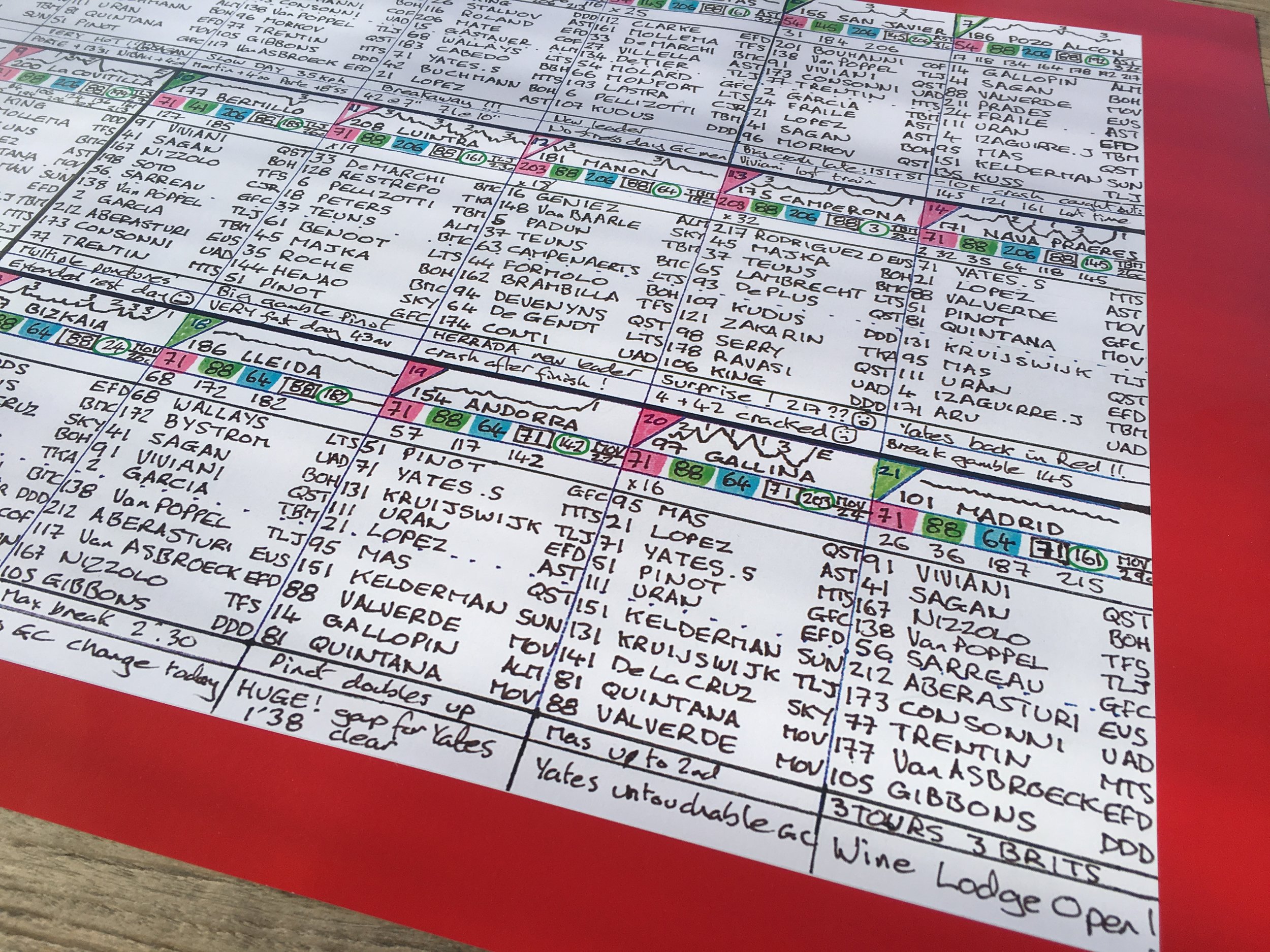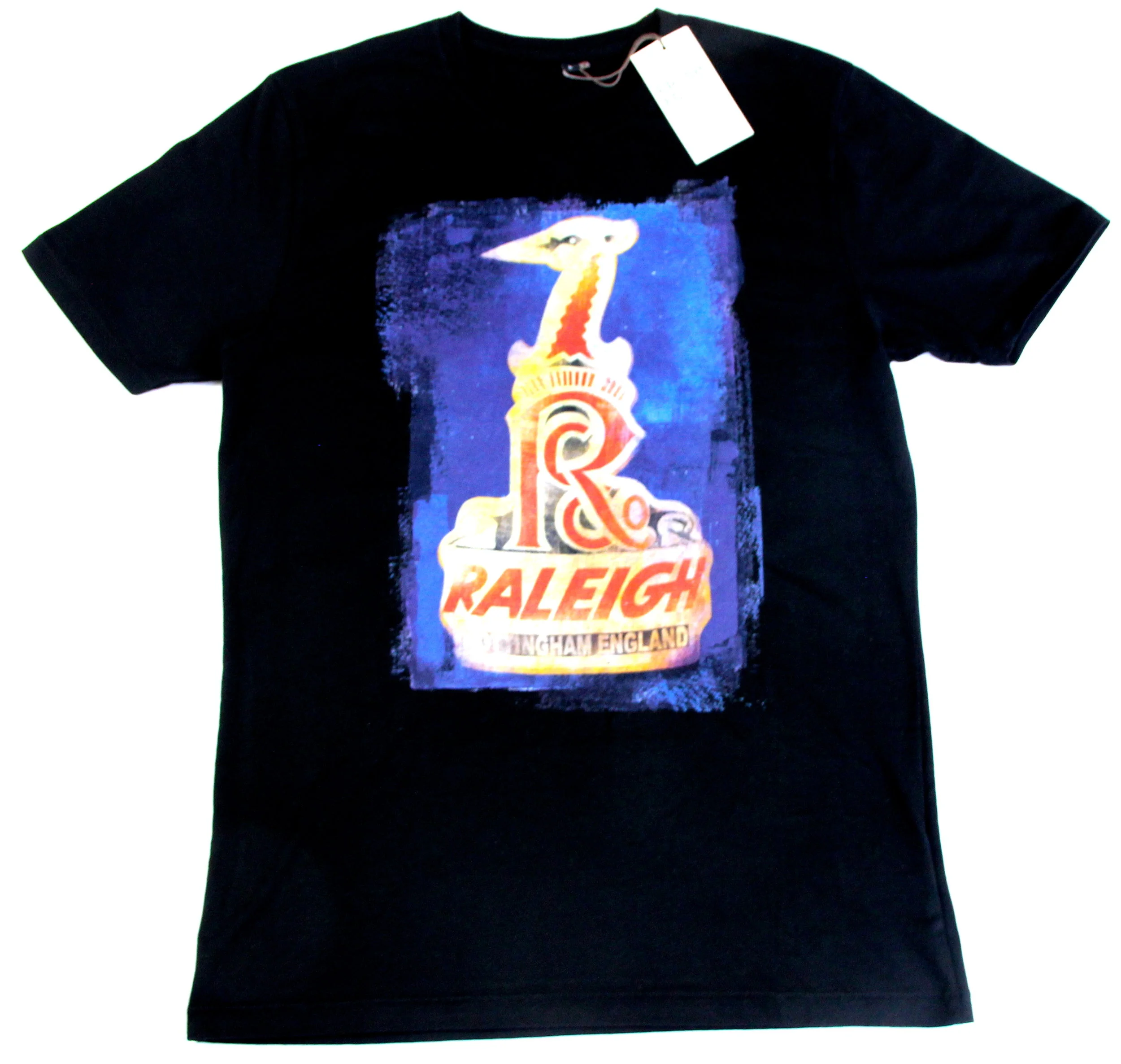By Robbie Broughton
If you’re a user of a bikeshare scheme it probably hardly ever crosses your mind what goes on behind the scenes to ensure that you can easily hire a bike in good working order from a convenient location. But there’s actually a complicated and sophisticated logistical operation that goes on to ensure it all happens smoothly.
The number of bikeshare schemes has risen exponentially in the UK. Once the preserve of London there are now more than 25 towns and cities across the country that provide a service. That’s double what there was two years ago. We spent a day working on the Brighton Bikeshare scheme to find out what it takes to keep it all running smoothly.
Brighton Bikeshare has over 400 bikes stationed across the city at about 50 different hubs. Each bike needs to be maintained, occasionally repaired, have new advertising stickers applied and, most importantly, transported to empty hubs.
It’s all overseen by Duncan and his team of five or six bike mechanics and workers who luckily all share a passion for the scheme. In fact Duncan is somewhat evangelical about it all, having been a committed campaigner for installing bike lanes along the notorious Lewes Road that leads out to the Sussex University campus. He also instigated a daily bike train before it was safe to cycle that way on your own, and it still exists as an annual event to Lewes bonfire night.
Caroline Lucas, Brighton's Green MP tries out a bike
Having encountered his fair share of opposition from local councillors and occasional abuse from local residents over the plan a few years ago, he’s one of those battle-hardened cycling activists without whom we probably wouldn’t have seen the profile and expenditure on cycling being increased in recent years.
We climb into the van one cold, dark and dreary December morning from the Bikehire’s base on an industrial estate near Shoreham harbour and head into town as a chilly wind whips across the sea and onto the faded grandeur of Brighton’s seafront.
We’re armed with a laptop that shows us the GPS location of every bike in the city and we plan a strategy for the day. Our main job is to move bikes from overfilled bays (usually on the seafront and centre of town) to empty ones.
A GPS tracking system allows customers to see where the bikes are located
Seven Dials, for instance, is at the top of a steep hill. Over the course of a day or evening its Bikeshare hub is constantly being used by people who fancy an easy freewheel into town. The return journey on one of these hefty beasts up the hill isn’t too appealing. And so it is that it’s this dock and another one at the top of the Hanover district are constantly being depleted of bikes.
It’s Duncan’s job as leader of Brighton Bikeshare operations to ensure that there’s always a bike to be hired in these particular spots and that the town centre and seafront don’t become too overcrowded.
As well as telling us where each bike is located our computer programme gives us additional information such as the amount of battery charge left for each bike. The electric panel on the back of each bike is solar powered and, in deepest darkest December, isn’t very effective. So as well as moving the bikes we have to replace dead batteries with fully charged ones. We also know which bikes have been reported as faulty and Duncan tries to address these issues on the fly. If it’s a puncture or something he can’t fix, it has to go back to the depot.
Back at base, a mechanic records the work done on each and every numbered bike, and we can access all of this service history. We can tell when it last had a puncture, who reported it, how many miles it’s travelled in its life, when it was taken for new decals, when the gear cable was changed or when the brakes were fixed. Its entire life story is there.
Parked outside the Town hall at one point in the morning and loading the heavy bikes into the back of the unmarked white van, a passerby confronts me, thinking that I’m actually stealing them! I manage to reassure him that we’re actually working for the Bikeshare scheme and explain what we’re doing. We heave eight of them into the van at a time and unload them up at the empty Seven Dials hub. As we do so a woman thanks us heartily as she climbs aboard one of the bikes, and freewheels back into town from where we came from.
It’s a mix of emotions – pleased that a person is using them and that we got there in time for her to use one, but also slightly annoyed that the bike is going back to exactly the same point we picked it up from!
It can feel like a rather pointless task, knowing that within an hour of restocking the Seven Dials hub, it’ll be empty again and it’s someone’s job to ferry another load back to the top of the hill. It reminded me of a lazy PE teacher I once knew who spent an entire lesson throwing dozens of balls across a playground and ordering his class to run after them and put them back in a bucket, only for the pointless task to start all over again.
Duncan says that he gets obsessive about it – on his way home from a shift he’ll delay his return by loading up bikes into the van from overstocked bays and move them to depleted hubs. Days later I even find myself casting an eye on various hubs around town and appraising whether they're over or under-stocked, fearing for Duncan's sanity.
Duncan's worst nightmare - an empty hub
We stop mid-morning for a cuppa at the Brighton Bike Hub, a charity that takes in abandoned frames and offers tools and equipment for anyone who fancies a bit of fettling. It’s an extraordinary little yard with piles of old and rusty frames, tyres, wheels, chains, gears, brakes – you name it. In the corner is a tiny caravan with 1970s seat covers and we huddle inside on this chilly morning burning our lips on weak, instant coffee.
Surrounded by this rusting cycling detritus, and listening to Duncan’s passion for The Bike as a sustainable transport system for the city, is as heartwarming as the hot, chipped coffee cup that brings back a bit of feeling into cold, numb fingers.
We’re a long way from scheme’s rather glitzy launch on Hove Lawns that took place back in September. But it’s because of the rather thankless work that the likes of Duncan do, day in, day out, that this has become one of the most successful bikeshares in the country. Chapeau, Duncan!



































